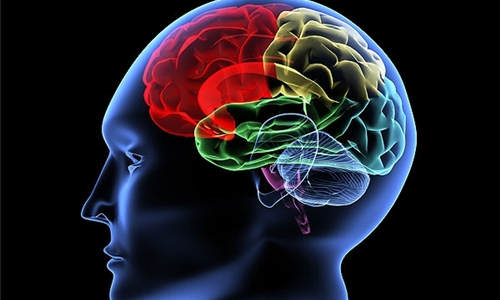Researchers from The University of Western Australia have shown that electromagnetic stimulation can alter brain organisation which may make your brain work better.
In results from a study published today in the prestigious Journal of Neuroscience, researchers from The University of Western Australia and the Université Pierre et Marie Curie in France demonstrated that weak sequential electromagnetic pulses (repetitive transcranial magnetic stimulation – or rTMS) on mice can shift abnormal neural connections to more normal locations.
The discovery has important implications for treatment of many nervous system disorders related to abnormal brain organisation such as depression, epilepsy and tinnitus.
To better understand what magnetic stimulation does to the brain Research Associate Professor Jennifer Rodger from UWA’s School of Animal Biology and her colleagues tested a low-intensity version of the therapy – known as low-intensity repetitive transcranial magnetic stimulation (LI-rTMS) – on mice born with abnormal brain organisation.
Lead author, PhD candidate Kalina Makowiecki, said the research demonstrated that even at low intensities, pulsed magnetic stimulation could reduce abnormally located neural connections, shifting them towards their correct locations in the brain.
“This reorganisation is associated with changes in a specific brain chemical, and occurred in several brain regions, across a whole network. Importantly, this structural reorganisation was not seen in the healthy brain or the appropriate connections in the abnormal mice, suggesting that the therapy could have minimal side effects in humans.
“Our findings greatly increase our understanding of the specific cellular and molecular events that occur in the brain during this therapy and have implications for how best to use it in humans to treat disease and improve brain function,” Ms Makowiecki said.
Story Source:
The above story is based on materials provided by University of Western Australia.





